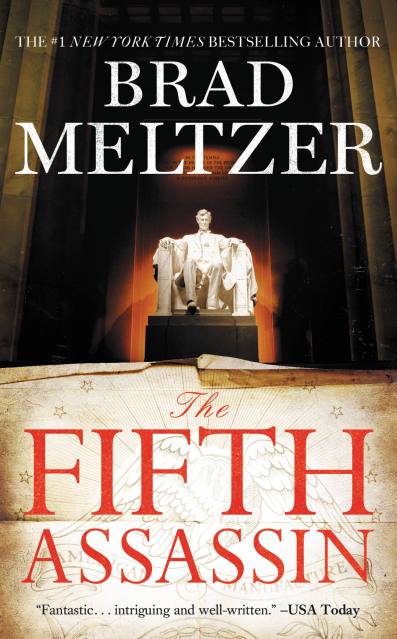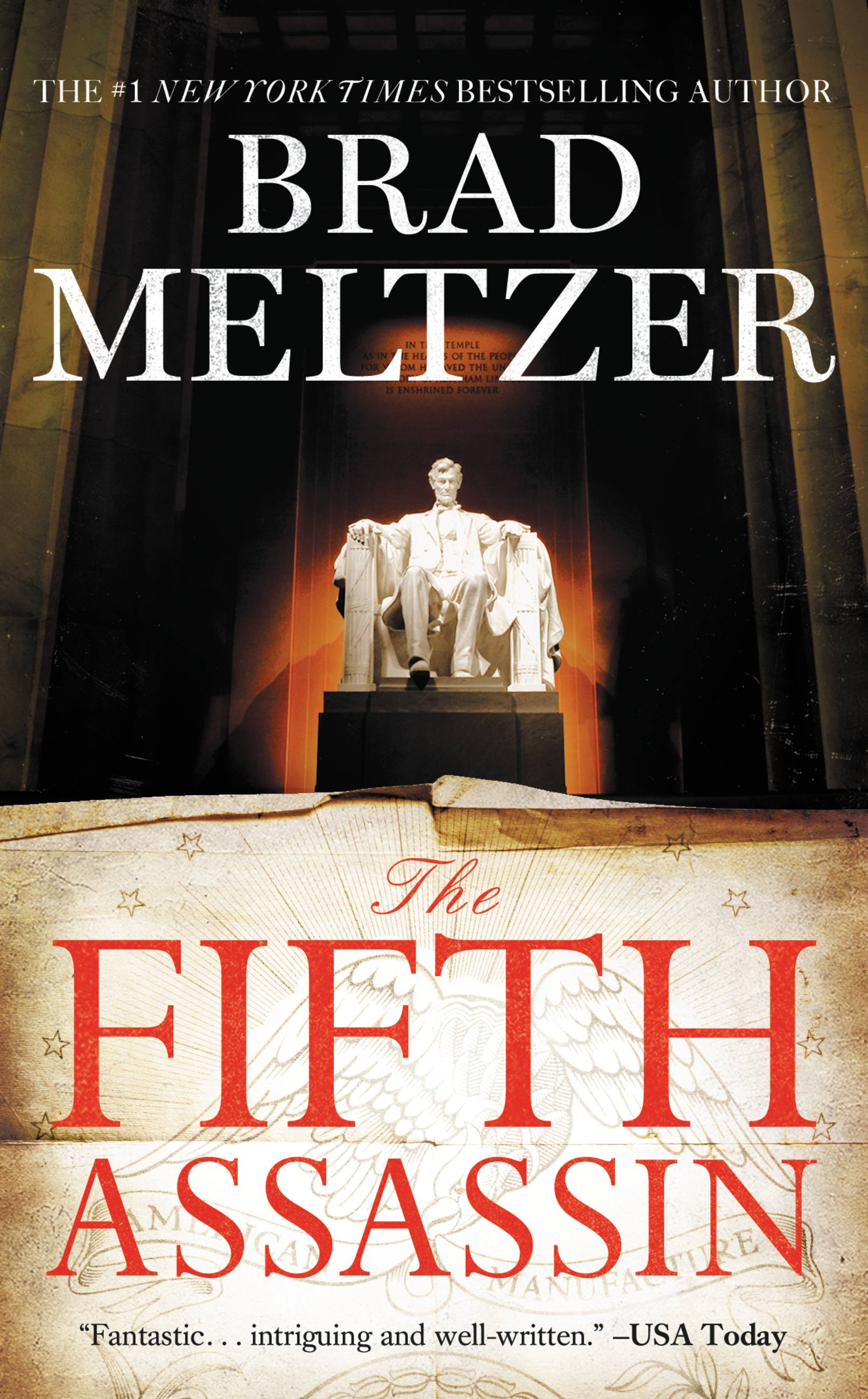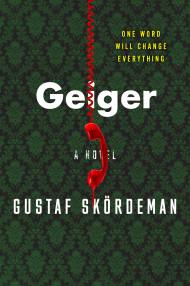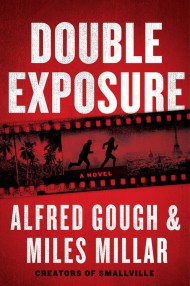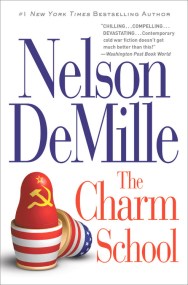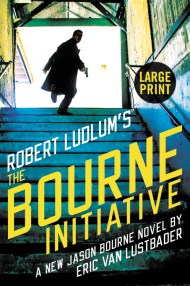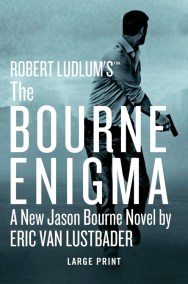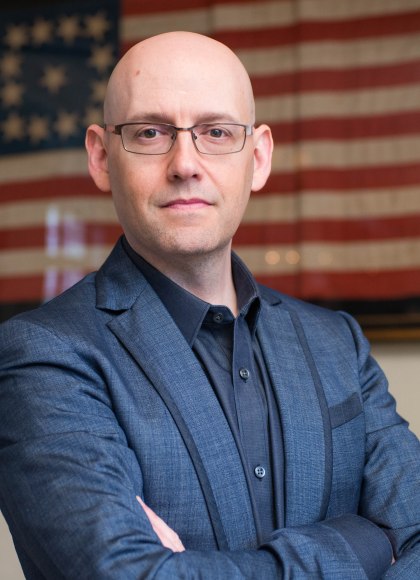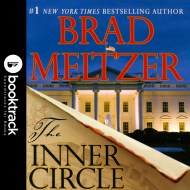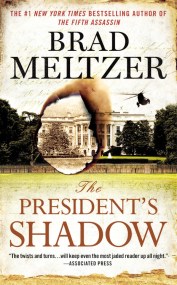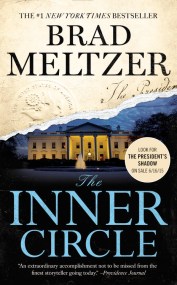By clicking “Accept,” you agree to the use of cookies and similar technologies on your device as set forth in our Cookie Policy and our Privacy Policy. Please note that certain cookies are essential for this website to function properly and do not require user consent to be deployed.
The Fifth Assassin
Contributors
By Brad Meltzer
Formats and Prices
- On Sale
- Jan 15, 2013
- Page Count
- 448 pages
- Publisher
- Grand Central Publishing
- ISBN-13
- 9780446554008
Price
$7.99Price
$9.99 CADFormat
Format:
This item is a preorder. Your payment method will be charged immediately, and the product is expected to ship on or around January 15, 2013. This date is subject to change due to shipping delays beyond our control.
Buy from Other Retailers:
From John Wilkes Booth to Lee Harvey Oswald, there have been more than two dozen assassination attempts on the President of the United States.
Four have been successful.
But now, Beecher White–the hero of the #1 New York Times bestseller The Inner Circle–discovers a killer in Washington, D.C., who’s meticulously re-creating the crimes of these four men. Historians have branded them as four lone wolves. But what if they were wrong?
Beecher is about to discover the truth: that during the course of a hundred years, all four assassins were secretly working together. What was their purpose? For whom do they really work? And why are they planning to kill the current President?
Beecher’s about to find out. And most terrifyingly, he’s about to come face-to-face with the fifth assassin.
Four have been successful.
But now, Beecher White–the hero of the #1 New York Times bestseller The Inner Circle–discovers a killer in Washington, D.C., who’s meticulously re-creating the crimes of these four men. Historians have branded them as four lone wolves. But what if they were wrong?
Beecher is about to discover the truth: that during the course of a hundred years, all four assassins were secretly working together. What was their purpose? For whom do they really work? And why are they planning to kill the current President?
Beecher’s about to find out. And most terrifyingly, he’s about to come face-to-face with the fifth assassin.
Series:
Newsletter Signup
By clicking ‘Sign Up,’ I acknowledge that I have read and agree to Hachette Book Group’s Privacy Policy and Terms of Use
